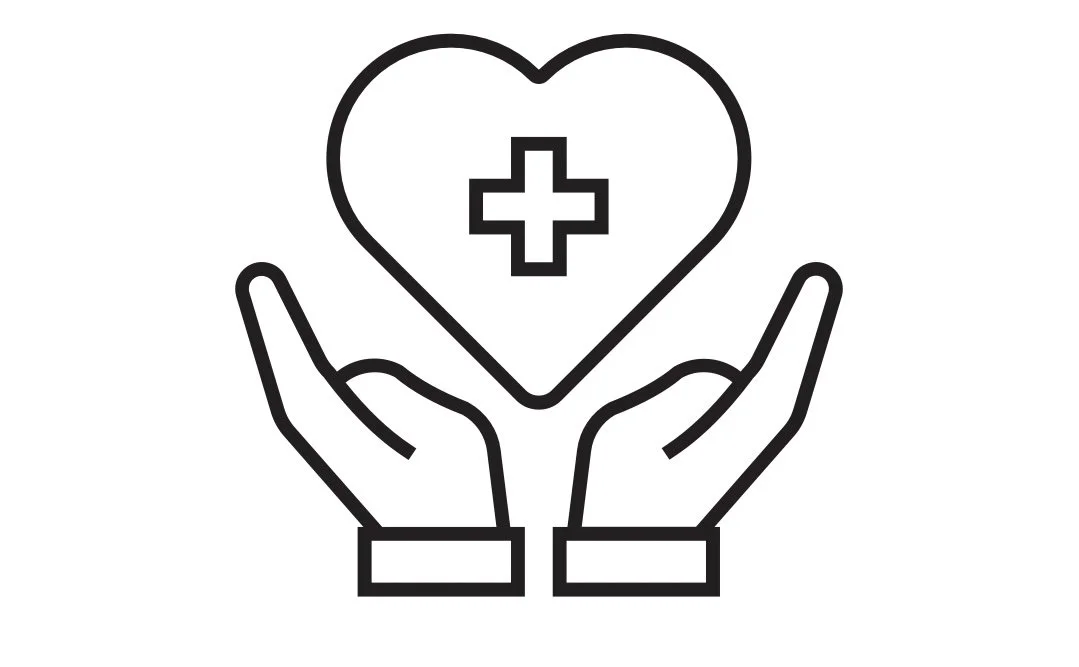
Fields of Expertise
Anxiety & Depression
Depression manifests as a sense of sadness, hopelessness, and a diminished interest in life. Counselling offers a supportive environment where you can confidentially discuss your concerns and explore strategies for overcoming the challenges or sources of suffering that contribute to these emotions. Anxiety, characterised by ongoing feelings of nervousness, worry, or dread, can be effectively managed through the acquisition of coping skills. Developing these skills empowers individuals to assert control over the daunting physical and emotional symptoms associated with anxiety. By normalising these feelings and enhancing awareness of symptoms, individuals are better equipped to navigate and cope with anxiety when it arises.
Relationships
Within a confidential and supportive setting, exploring behaviour patterns and communication strategies is imperative for positive changes in your relationship. It is an opportunity to consider alternate approaches to conflict resolution, develop clear boundaries and improve your interpersonal connection. Recognising and appreciating positive behaviours is encouraged as it plays an important role in sustaining a fulfilling relationship. Where necessary, careful consideration is given during discussions regarding the choice to sustain or terminate a relationship.
Personal Development
Counselling is a journey dedicated to boosting your self-esteem and confidence and empowering you to pursue your goals. It encourages introspection while examining your thought and behaviour patterns that may be influencing your path and choices. Collaborative discussions help to identify obstacles to your personal development and devise effective strategies to overcome them. The overarching goal is to foster self-actualisation that can lead to realising your full potential.
Grief & Trauma
Grief is a natural response to loss, whether it be the passing of a loved one, the conclusion of a significant relationship, or any traumatic event resulting in loss. Counselling serves as a supportive guide to navigate the pain of grief, aiding in the process of adaptation to change and acceptance of the painful reality of loss.
Trauma, on the other hand, emerges as a response to emotionally or physically threatening experiences. Through counselling debriefing, individuals can effectively address and manage the symptoms associated with trauma, while also gaining valuable skills to cope with the aftermath of the traumatic event.
“If I can stop one heart from breaking, I shall not live in vain. If I can ease one life the aching, or cool one pain, or help one fainting robin unto his nest again, I shall not live in vain.”
— Emily Dickinson




